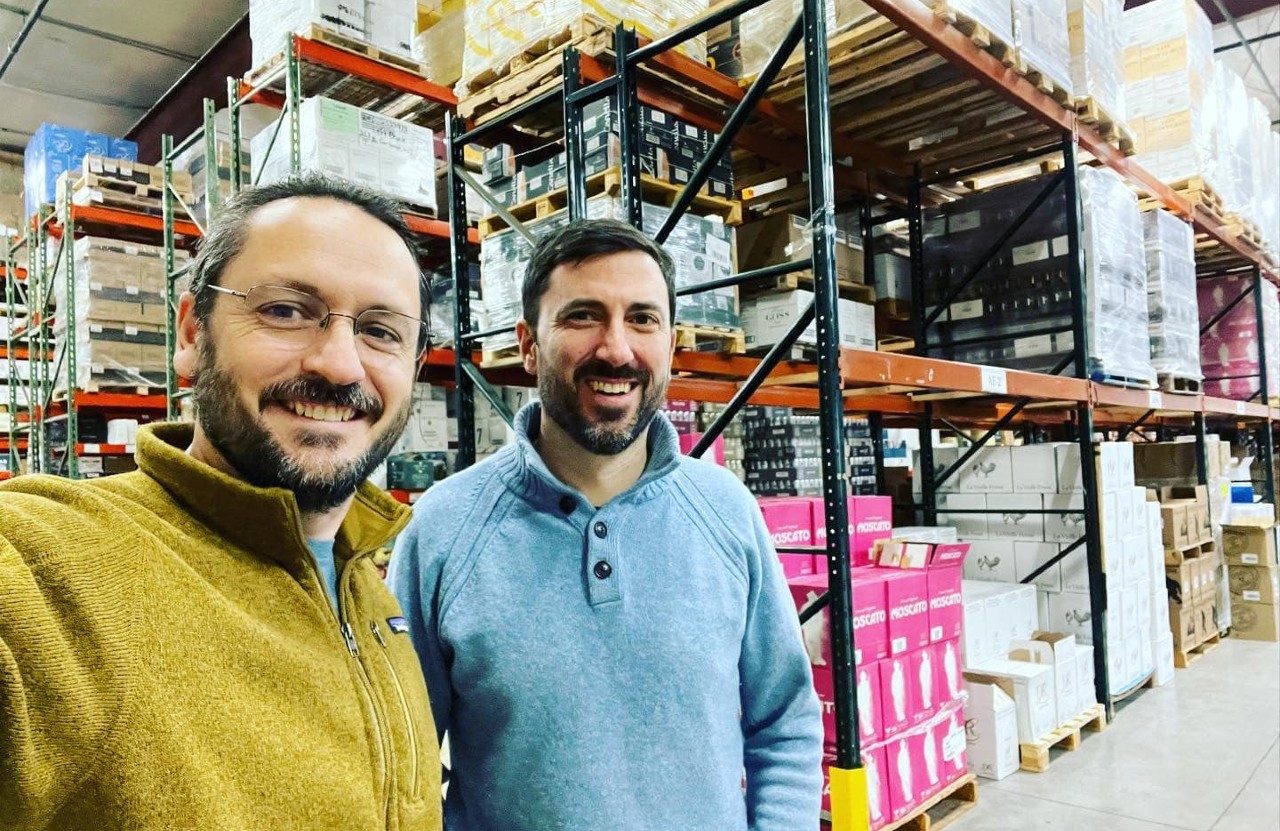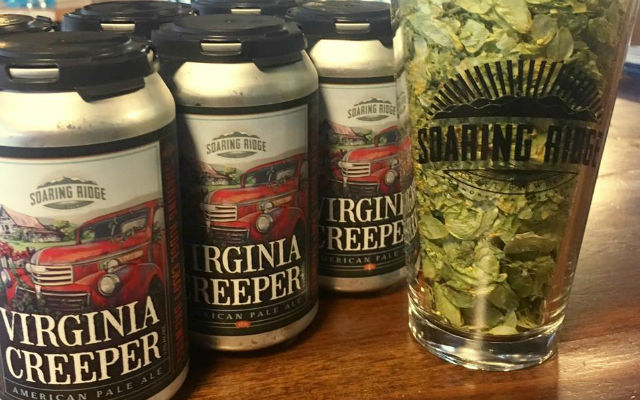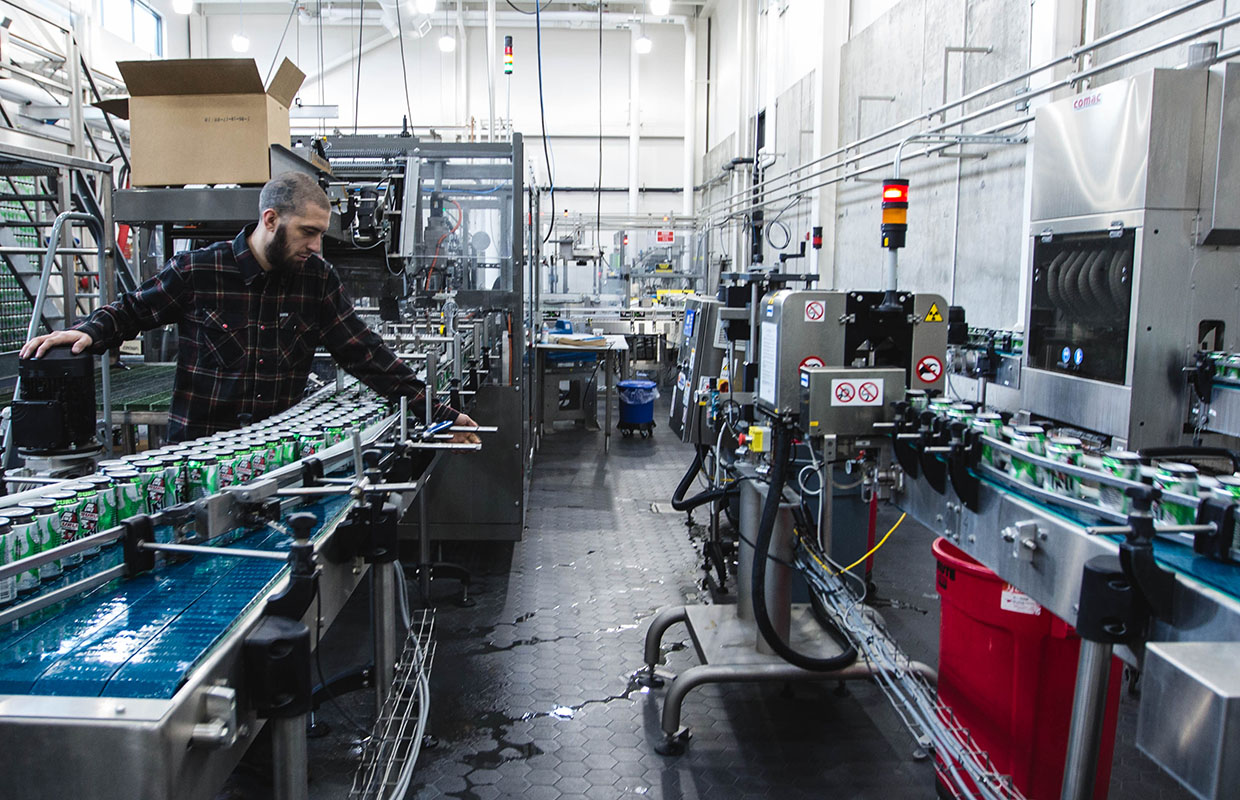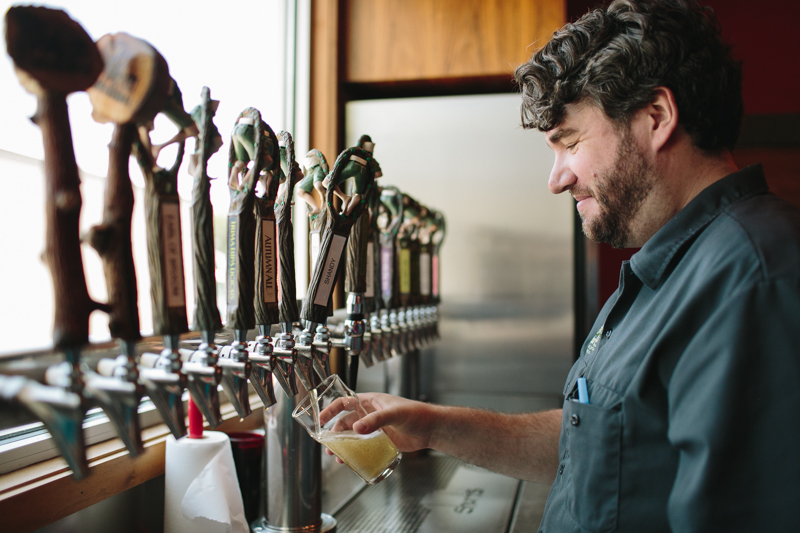
Making moves toward improving sustainability at your cidery can save both costs and resources while giving you something positive to communicate to your customers.
While some moves like becoming solar powered can involve a tremendous capital investment, cideries have implemented smaller moves aimed at improving what they can.
Here are three areas cider companies have focused on with an eye on improving sustainability.
Sourcing Locally
Brix Cider co-op owner Matt Raboin told Brewer Magazine that his company’s focus on sourcing fruit hyperlocally had both helped his company’s product and its image.
Raboin said Brix’s apples come from trees within 50 miles of its production facility, providing supplementary income for small family farms while limiting their impact on the environment.
“We’ve built our brand around sustainability, and so far it seems to be working,” Raboin said. Trees, after all, are a fundamental symbol of sustainability, and when you trace it back to its roots, cider comes from trees. We proudly showcase that we use ‘ugly apples’ that didn’t need to be intensively sprayed since they were destined for the cider mill.”
That focus on buying local extends to other ingredients used to make their cider and for food items served in their tasting room.
“We write as many checks as possible directly to the farmers who grew our ingredients and whom we know to manage their land responsibly,” he said.
Packaging
The husband and wife duo of Brian and Olga Dressler at Dressler Estate determined kegging made the most sense for their small cidery, allowing them cut the packaging cost of bottles, labels and closures out of the picture, and eliminate the time required to package each bottle.
The Downington, Pennsylvania cidery experimented with different keg types, choosing to avoid the one-way kegs and go with the industry proven and loved stainless steel kegs.
Considering the Details
Things like better lighting with LED in the production area; low-flow/high-pressure hose nozzles; switching to less aggressive chemicals for detergents and disinfectants and adjusting HVAC settings can all help your cidery conserve energy said Chris Gerling, a Cornell Agritech Extension specialist.
Even low-tech ideas like adding a boot scraper outside your tasting room can help with sustainability, he noted.
“I think it’s a thought experiment, really,” he said. “We need a boot scraper so people don’t bring in much dirt. What happens when people don’t bring as much dirt? We don’t have to clean as much and when we don’t have to clean as much, we don’t use as many chemicals. We don’t use as much labor time, all these different things.
“You can start to look at your facility and every little piece and realize there are things that you might be taking for granted. There are assumptions you might be making, about how things have to be, and all of a sudden, maybe if you step outside, you say, we don’t have to do that every day. There are different ways of being that can start to minimize our inputs all throughout our process.”




Be the first to comment